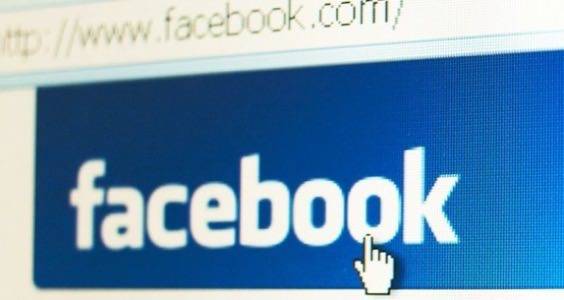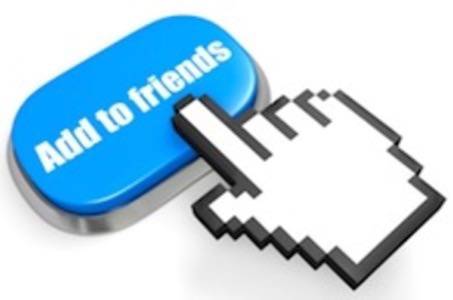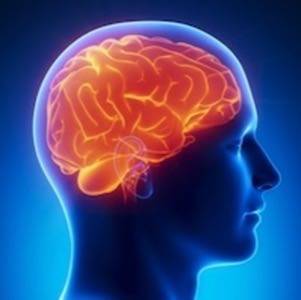
Forget its $104 billion IP0, Facebook’s greatest achievement is building a social network of 950 million people. But what if that tremendous size is also Facebook’s Achilles’ Heel? Forget “too big to fail.” What if Facebook is getting too big to succeed? Ever-growing friend lists threaten to make the service less personal – and less compelling.
That’s certainly a counter-intuitive viewpoint. The tremendous size of Facebook’s user base is why industry and financial analysts believe the company will survive the beating it has taken in the stock market since going public in May and will remain the pre-eminent social network for the foreseeable future.
But there’s another way to look at it.
Jeff Stibel, chairman and chief executive of Dun & Bradstreet Credibility Corp. and author of “Wired for Thought,” raises that possibility for the Harvard Business Review (Is Facebook Too Big to Survive?). While lots of financial reasons have been given for why Facebook’s business could not sustain an initial valuation of $104 billion, no one ever questioned the size of its network, and that is a mistake, according to Stibel.

Too Big To Succeed?
With nearly a billion users, Facebook seemingly can’t help but support and encourage personal networks that go beyond the human brain’s capacity to make use of all the friends and friends of friends. Stibel makes this argument with basic brain science.
Starting at the age of 20, the brain goes on an efficiency kick that lasts through the rest of our lives. As children and teenagers, we make far more neural connections then we actually use, so the brain sheds those that are no longer needed. As a result, the brain gets smaller, but we get smarter through higher efficiency in our thought processes.
Like the brain, social networks also go through a period of high growth, eventually reaching a point where there are too many connections to people we don’t know. The brain’s mission of quality over quantity leaves us capable of handling a maximum of about 150 relationships, the so-called Dunbar’s Number, named after British anthropologist Robin Dunbar. Beyond that we lose the ability to have meaningful relationships with everyone in our network.

The Brain And Social Networks
Like our brains, when we find ourselves with a network of too many connections, we look for ways to shed the useless ones. Whether in the brain or on Facebook, connections have to be used regularly to be useful.
Of course, Dunbar’s work referenced real-world social networks, not online ones. Very little work has been done by neurologists on online social networks.
“Whether it’s a neuronal network in the brain or a social network, it needs to be facilitated and used over and over again to maintain its viability,” Dr. Richard Restak, a clinical professor of neurology at George Washington Hospital University School of Medicine and Health Sciences, said. “To have all these names on a list, some of which you don’t even remember anymore, is totally useless.”
Stibel acknowledged not knowing when a social network like Facebook has reached a point where quantity begins diminishing quality. But the average Facebook user has 229 connections; so many of them may have already surpassed their ability to have meaningful relationships with all their “friends.” As a result, these people could see diminishing value in Facebook as they get increasing numbers of notifications about people they don’t really know.
Quality Connections Within Facebook
Facebook, which declined to comment, has shown that it understands the danger and is taking steps to encourage quality connections. The company’s algorithms automatically arrange users’ newsfeeds to highlight the people they communicate with most often. In addition, people can form small groups of friends for private discussions and can turn off notifications from people whose activities they don’t care about.
The ability to trim notifications makes Facebook much better than its onetime rival MySpace, which before falling into near obscurity sent dozens of random friends requests each week, Stibel says. MySpace’s focus on having people build the largest networks possible contributed to the site’s implosion, he contends.

If a social network focuses on people building large networks, then it provides features that encourage people to approve others joining their networks. Such features might include notifications that so and so knows someone in your network and you should let them in. Facebook grew because it encouraged people to build bigger networks. Now that the site has reached critical mass, it has to focus on helping people maintain manageable networks, Stibel argues.
Facebook At A Crossroads
That puts Facebook at its own crossroads. “It only takes a few unsolicited, valueless notifications and the utility of Facebook goes down,” Stibel says.
When that happens, few people bother to take the logical step of “un-friending” all the people they don’t know and blocking useless notifications. Even though that would be the best way to maintain the value of the service.
Instead, many Facebook users simply spend less time on the site. The next step in that process would be to eventually delete their accounts all together and perhaps join a smaller network until that one reaches critical mass and implodes, Stibel says. Networks that have joined MySpace in reaching that fate include Classmates.com and Friendster.
For Facebook to survive and thrive, it will have to double down on efforts to get people to build deeper relationships among those who are truly within their circle of friends – not just larger networks.
Images courtesy of Shutterstock.
















